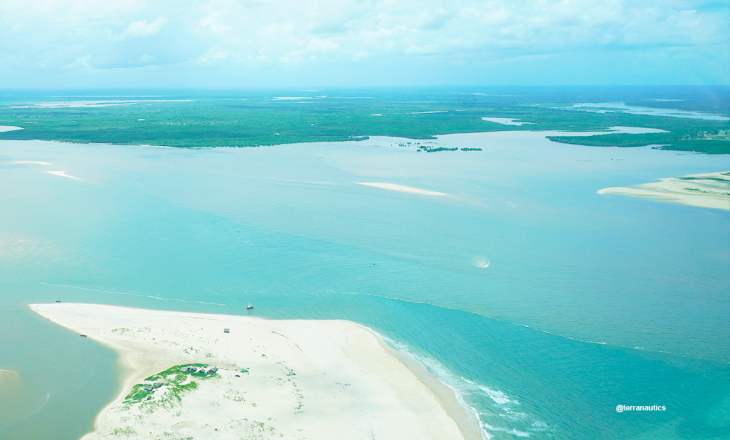This was the first meeting of the advisory body of the Environmental Protection Area of the Primeiras and Segundas Islands (APAIPS), involving Government entities, the private sector, academia, civil society organizations, and representatives of local communities. It took place in the northern city of Nampula on May 12, 2022.
Published at 27/05/2022
1st Session of the Management Council of APAIPS Held
Chaired by the Administrator of APAIPS, Ricardina Matusse, the session had 28 participants and included a presentation on the current state of governance and management of APAIPS. It was highlighted that the creation of the Conservation Area Management Council (CGAC) is aligned with the management model foreseen for this Participatory Management Conservation Area. Two working groups were established for the operationalization of this body: one responsible for matters related to the Internal Regulations, and the other for the Council’s Operationalization Plan. The need for good coordination among members was emphasized, with a focus on sharing information and lessons learned.
Prior to the APAIPS Management Council session, an annual planning meeting was held to define activities, indicators, and targets for 2022, as well as proposed actions and contributions from each entity involved in the implementation of the Management Plan of this Conservation Area.
The Environmental Protection Area of the Primeiras and Segundas Islands (APAIPS) is located along the coastal region of Nampula and Zambézia provinces, covering the districts of Angoche, Larde, and Moma (Nampula) and Pebane (Zambézia). It was established through Decree No. 42/2012 of December 12, with an area of 1,040,926 hectares, comprising a set of 10 islands with coral reefs and a terrestrial strip of mangrove forests and other forest species, particularly Icuria dunensis.
The area benefits from several funding sources, including Conservation International, WWF, and, more recently, substantial support from the European Union through PROMOVE Biodiversidade, managed by BIOFUND and implemented through the CTV-TN-CG Consortium.


